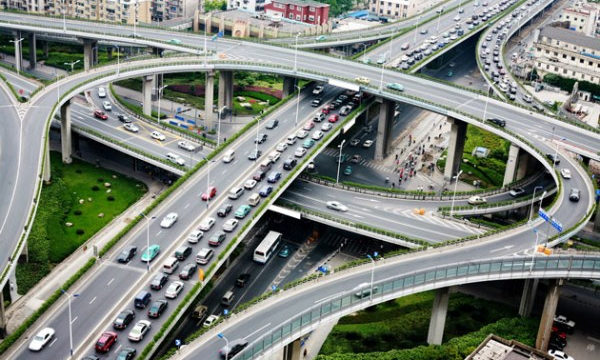| Back in 1999, Louisiana embarked on a process to create a vision for the state with a focus on economic development. It was called Vision 2020 and it laid out a master plan based on priorities that would move Louisiana forward.
It’s notable that in analyzing the state’s “weaknesses” at the time it highlighted “a marginal infrastructure of roads and highways…that requires substantive improvement in order to support sustained economic development throughout the state.”
Almost two decades later, not much has changed.
- 42 states have better pavement conditions than Louisiana
- 47 states have better bridges
- Baton Rouge and New Orleans make up two of the nation’s five worst regions for truck commerce
- Our road fatality rates are among the highest in the country
- And all of our neighbors invest more in roads than we do
Louisiana hasn’t adjusted its gasoline tax in 27 years. As a result we have a $13 billion backlog in road maintenance needs plus “megaprojects” in almost every region which, as they languish, are creating added congestion and hindering economic growth.
Today, there is currently comprehensive legislation based on a well-designed priority plan being considered to address these critical needs. It’s time to act on it and move it forward.
Yes, there have been black eyes on our transportation efforts in the past. Projects were funded for political reasons, funds were diverted from roads and bridges, and efficiency and transparency were not always seen as hallmarks of Louisiana’s transportation department.
But over the last several years the state has worked diligently to address those concerns and legislation is moving this session to codify some of those changes, provide added accountability, and give voters a way to ultimately determine if they want to make the investments in our infrastructure that are being proposed.
Can you guarantee all of that will be perfect? No. Will political people try to do political things with our highway priorities? Of course, they will. But it’s also clear that no bill increasing the gasoline tax will pass if it’s not accompanied by safeguards to strengthen and protect the integrity of our transportation efforts. That’s something that should not be ignored.
Some have questioned whether the proposed 17-cent increase is the right amount. From CABL’s perspective, we don’t know the answer to that. But we do know that it needs to be significant and sufficient to address the concerns that drivers, businesses, and economic development groups have complained about for years. If not, it will only lead to disappointment.
It’s interesting that in looking at “threats” to Louisiana’s future the Vision 2020 document cited “a tradition of opposition to change” and “parochial politics (which) may block the needed investments in our future.”
Indeed, those characteristics have defined our state for much of our past, but we shouldn’t allow them to limit our future. We have an opportunity to invest in Louisiana that will pay dividends both today and for decades to come. We shouldn’t allow this one to pass us by. |

